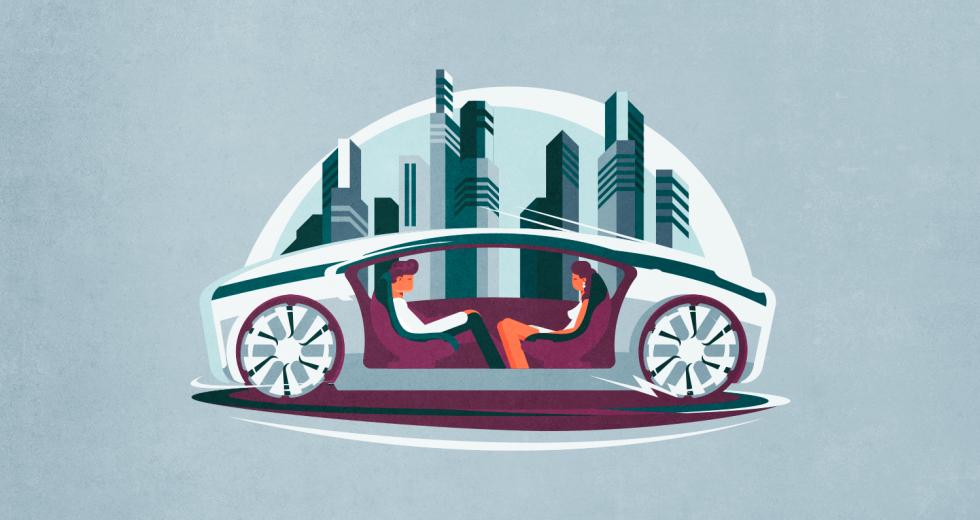If you are like me, you hate being stuck in traffic. But most of us don’t have a hired driver and public transportation isn’t always convenient.
Carmakers are working on what they think is a better idea — let the car do the driving. Autonomous vehicles sound very Jetson-like. But as futuristic as it sounds, many vehicles already on our streets rely on computers and sensors to “see” what’s going on around the car and make decisions about speeding, slowing down or braking. If the carmakers and their technology partners are right, cars as we know them are on the verge of an evolutionary change as they grow capable of fully taking over the wheel.
According to the Annual Global Road Crash Statistics, nearly 1.3 million die each year in car accidents and the National Safety Council found that 2015 was the most dangerous year on U.S. roads — with 38,000 deaths and 4.4 million sustained injuries nationwide. Researchers estimate that up to 60 percent of all car accidents involve the use of a cell phone. According to a Pew Research Center study:
- 26 percent of American teens say they text while driving
- 48 percent of American teens say they have ridden in a car while the driver was texting
- In many cases, the teens identified the texting driver as a parent
Many more impacts will emerge from the obvious costs of lost time, air pollution and the health costs of related deaths and injuries, forming a chain which touches every fundamental aspect of life. One long-term expense relates to respiratory damage to children from high levels of air pollution. California has been a worldwide leader in air pollution control technology, and Sacramento could assume worldwide leadership in implementing intelligent solutions to the high costs of our current transportation model.
Mayor Darrell Steinberg’s comments at the California Automobile Museum last December that autonomous vehicles could successfully grow the local economy offers a focused view toward solutions for a host of significant, immediate and far-reaching problems — all directly related tohighway transportation.
Clearly, we can all do more to make driving safer, even with humans behind the wheel. And a big part of the effort to cut down on road accidents is now a marriage between the carmakers we know and a lot of high-tech companies whose names may not be as familiar to us but we would like to have as neighbors.
The City of Sacramento is laying the foundation to be part of that historic change, putting up $10 million in grant money to lure high-tech companies and getting the federal government’s approval to be listed as a testing ground for self-driving cars. If Sacramento’s plans come together, you can expect to see driver-less demonstration cars on the downtown grid and on the freeway.
I don’t know if I’m personally ready to see “Look Ma, no hands” driving next to me in traffic. But I do know that many of the high-tech partners creating those cars could make a strong contribution to our regional economy — bringing the engineers, programmers and other professionals we need to add high-quality and diverse jobs to the region. Autonomous vehicles could help drive our economy, even if I’m more comfortable with my hands on the wheel, at least for now.




Comments
I'm looking forward to autonomous vehicles! I was disappointed earlier this month to find out that the DOT did not select Sacramento to be one of its proving grounds for autonomous vehicles. But we can still help advance this technology.